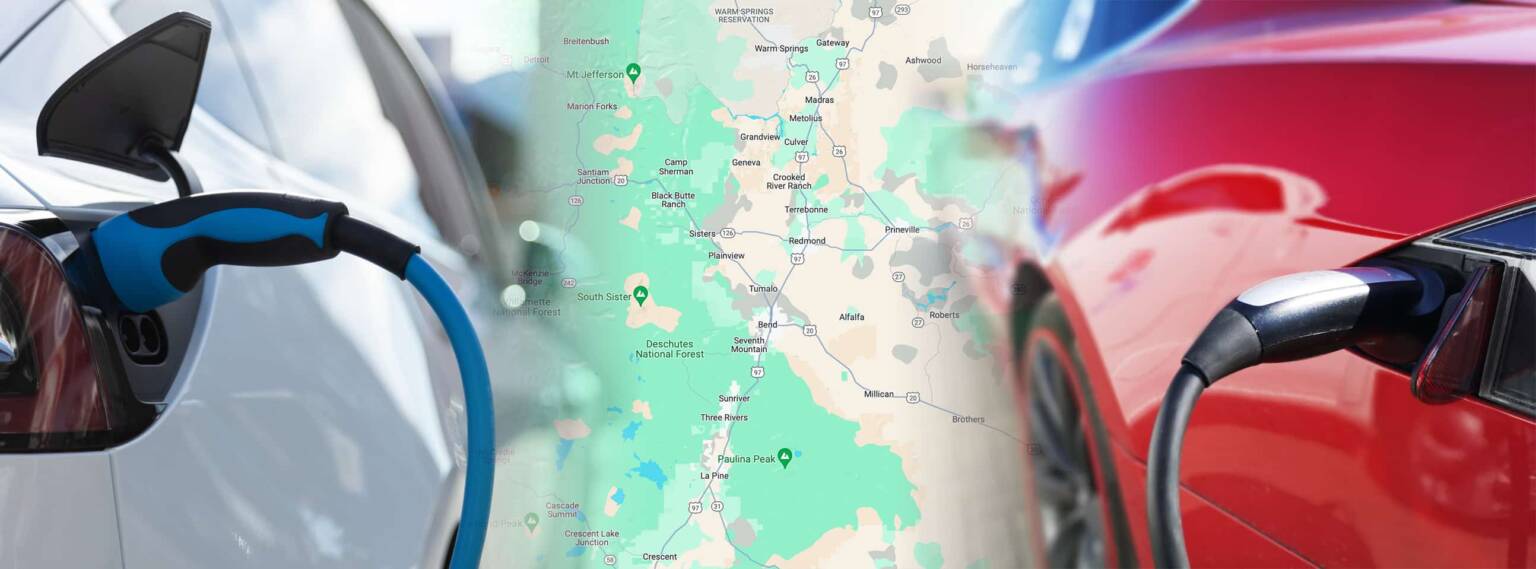Why Natural Gas is Dirtier than Coal
At the Paris climate Summit nearly 200 countries recognized that the world must be prevented from going beyond a 1.5 degree increase in temperature. Many of these nations have already started plans to significantly reduce carbon emissions from dirty fossil fuels. With a narrow window of opportunity before us, Climate scientists say we must transition to clean energy by reducing fossil fuel use by a minimum of 80% by 2050. More than ever, it is now possible to make this transition.
Why then, are fossil fuel companies continuing to use taxpayer money to improve or build new infrastructure? This is why in Oregon, the Boardman Natural Gas Plant and Jordan Cove must be stopped. (the blue links will take you to a page where you can sign a petition to try to stop these plants.). This locks us into using fossil fuels for another 50 years. Even worse, We now have a glut of both oil and natural gas. As countries phase out fossil fuels, some economists say there will be “stranded assets”. Do we want to use taxpayer dollars to subsidize a dying industry?
Why Natural Gas Isn’t Really Clean
Yes, Natural Gas burns cleaner, but the distribution and extraction or “fracking” of natural gas often leaks methane, which is 25 times more heat trapping over a 100 year period. Even worse, in the first 20 years, it is 84 times more deadly. Any benefit from leaving coal behind is lost, perhaps even made worse. Studies show that many cost effective technologies are available to reduce leaking methane, but policies are lacking to enforce them in an industry that shows little interest in regulation. (Bradbury, et al, 2013, Harvey, Gowrishshankar and Singer, 2012 IEA 2012b } The following describes why use of natural gas must be considered with great care.
Natural gas production has environmental, social, and health challenges. Fracking fluid contains hundreds of chemicals, including benzene, lead, and methanol which are highly toxic. The disposal of this fluid has been shown to often end up ground and drinking water supplies, risking agricultural contamination, along with harmful consequences to human health. Volatile prices, potential shortages, and other economic costs add to the risks of expanded use of natural gas. Supply uncertainty and increased demand for natural gas could put pressure on prices.
The Union of Concerned Scientists states that Natural Gas is in many cases, dirtier than coal.
Natural gas can play a role in reducing global warming pollution, but using it for transportation fuel does not represent one of the best climate solutions. For example, a natural gas-powered Honda Civic delivers about a 15 percent reduction in global warming pollution compared with a conventional gasoline-powered Civic, but a gasoline-electric Civic hybrid costs less and delivers a 30 percent reduction in emissions. A better use for natural gas in the transportation sector would be as a resource to generate electricity for plug-in vehicles or hydrogen for fuel cell vehicles, which can provide global warming emissions savings on the order of 40 percent.




